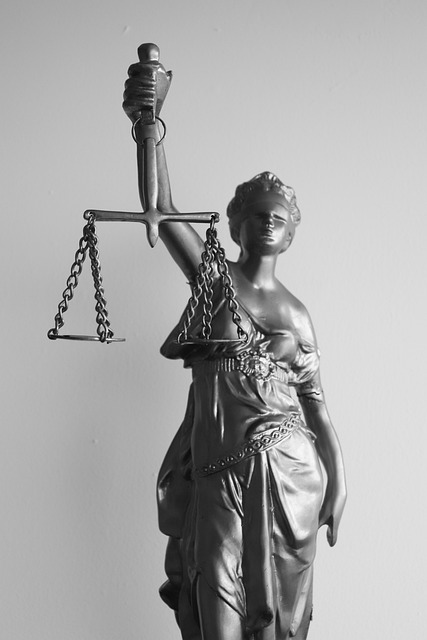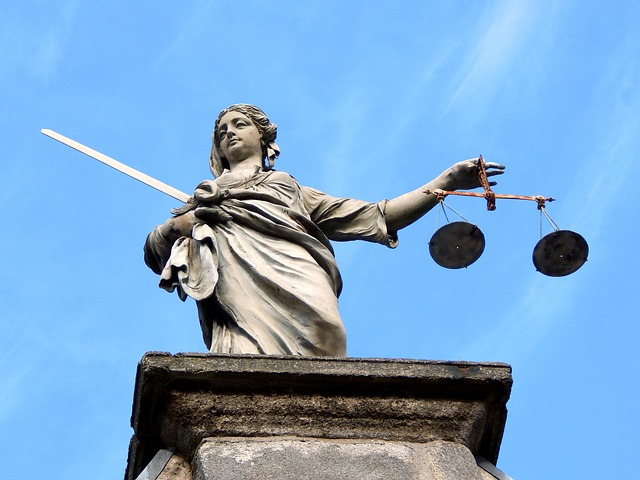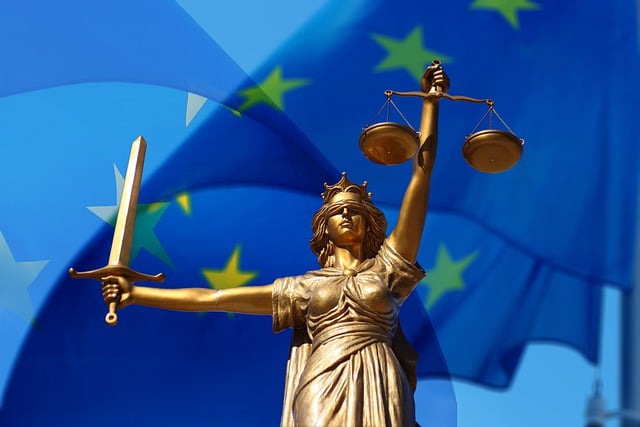Corporate Crime Investigations leverage advanced analytics and tools to uncover illegal business practices, guided by whistleblowers or data patterns. The Role of Competition Law in Innovation acts as both a regulator and catalyst, ensuring fair markets while promoting ethical conduct and preventing anti-competitive behaviors. Investigators use sophisticated methods like data mining, digital forensics, and blockchain analysis to track global financial transactions and resolve high-profile cases. By enforcing penalties and reshaping industry standards, competition law mitigates innovation scandals and fosters healthy competition, ultimately driving societal beneficial technological advancements.
Corporate Crime Investigations play a pivotal role in upholding ethical business practices. This article delves into the intricate world of uncovering illicit corporate activities, focusing on the interplay between competition law and innovation. We explore how these legal frameworks foster fair play in the market. By examining tools, techniques, and notable case studies, we highlight the significance of effective investigations, especially when competition law intervenes in high-profile innovation scandals, emphasizing the crucial role it plays in shaping the future of business.
- Understanding Corporate Crime Investigations: Uncovering Illicit Business Practices
- The Intersection of Competition Law and Innovation: Fostering Fair Play
- Strategies for Effective Corporate Crime Investigation: Tools and Techniques
- Case Studies: When Competition Law Intervened in High-Profile Innovation Scandals
Understanding Corporate Crime Investigations: Uncovering Illicit Business Practices

Corporate Crime Investigations play a pivotal role in uncovering illicit business practices that may have far-reaching consequences for companies and their leaders. These investigations often involve complex financial transactions, fraudulent accounting, corruption, and other forms of misconduct. By employing advanced analytical techniques and regulatory tools, investigators delve into the intricate web of corporate activities to expose wrongdoings and ensure accountability.
In many cases, these probes are triggered by tips from whistleblowers, suspicious patterns detected through data analytics, or concerns raised by industry regulators. The process involves gathering and examining financial records, emails, and other digital evidence. It’s crucial for investigators to navigate the nuances of competition law, as innovation can be a double-edged sword—while fostering market growth, it may also lead to anti-competitive practices that require careful scrutiny. An unprecedented track record in solving high-profile corporate crimes not only strengthens the legal framework but also serves as a deterrent, encouraging businesses to maintain robust ethical standards and ensure transparency in their respective operations.
The Intersection of Competition Law and Innovation: Fostering Fair Play

The intersection of competition law and innovation is a complex yet critical area that shapes the business landscape. Competition laws, designed to foster fair play across the country, play a pivotal role in ensuring that innovative ideas and technologies are not solely controlled by a few dominant players. These laws promote a level playing field, enabling new startups and emerging businesses to compete effectively with established market leaders. By doing so, they encourage healthy competition, which is essential for driving innovation.
In the realm of white-collar defense, understanding the role of competition law in innovation is vital. Respective business practices ensure that companies engage in fair and ethical conduct, fostering an environment where creativity and progress can flourish. This balance between regulation and innovation allows for the growth of diverse markets while safeguarding against anti-competitive behaviors, ultimately benefiting consumers and driving economic growth across various sectors.
Strategies for Effective Corporate Crime Investigation: Tools and Techniques

In the realm of corporate crime investigations, an unprecedented track record of success relies on robust tools and techniques. The role of competition law in fostering innovation cannot be overstated; it serves as a double-edged sword, promoting fair business practices while also incentivizing growth. Investigators leverage advanced analytics and data mining to uncover patterns and anomalies that might otherwise go unnoticed. This involves sifting through vast datasets, identifying red flags, and applying machine learning algorithms to predict potential risks.
Moreover, the integration of technology, such as digital forensics and blockchain analysis, has revolutionized how investigations are conducted. These methods enable a thorough examination of electronic evidence, ensuring integrity and accountability. The ability to track financial transactions across global networks is particularly valuable in complex corporate structures. This comprehensive approach not only facilitates the resolution of high-profile cases but also serves as a deterrent, encouraging businesses to maintain stringent ethical standards and uphold the law, both for the benefit of their corporate and individual clients.
Case Studies: When Competition Law Intervened in High-Profile Innovation Scandals

In recent years, the role of competition law has become increasingly significant in investigating and addressing high-profile innovation scandals. These cases often involve corporate misconduct that distorts market competition, leading to unfair practices and potential harm to consumers and philanthropic and political communities. One notable example is when competition authorities intervened in a major tech company’s data manipulation scandal, where personal information was exploited for financial gain. By applying competition law principles, regulators were able to achieve extraordinary results, not only penalizing the culprits but also reshaping industry standards to prevent similar incidents.
The case studies of such high-stakes cases highlight how competition law serves as a powerful tool in promoting fair market conduct and fostering innovation. Through meticulous investigations, authorities can uncover complex web of illegal practices and ensure that corporate entities adhere to ethical business models. This not only protects consumers but also encourages healthy competition, driving technological advancements and delivering greater benefits to society at large.
Corporate crime investigations play a pivotal role in upholding ethical business practices, especially at the intersection of competition law and innovation. By employing effective strategies and tools outlined in this article, regulatory bodies can navigate complex cases involving illicit corporate behaviors. Understanding the intricate relationship between competition law and innovation is crucial for fostering fair play in the market. Through real-world case studies, we’ve seen that proactive intervention not only penalizes wrongdoers but also strengthens the integrity of the business landscape, ensuring a more sustainable and robust innovation ecosystem. The ongoing collaboration between legal frameworks and investigative techniques will continue to shape the Role of Competition Law in Innovation, safeguarding consumers and promoting ethical competition.






